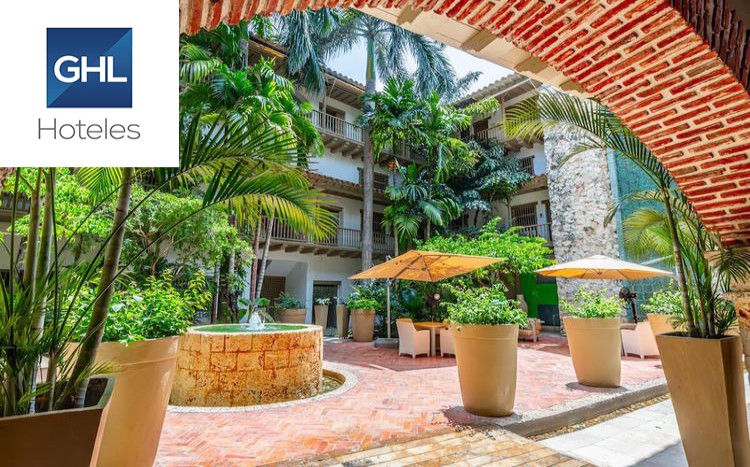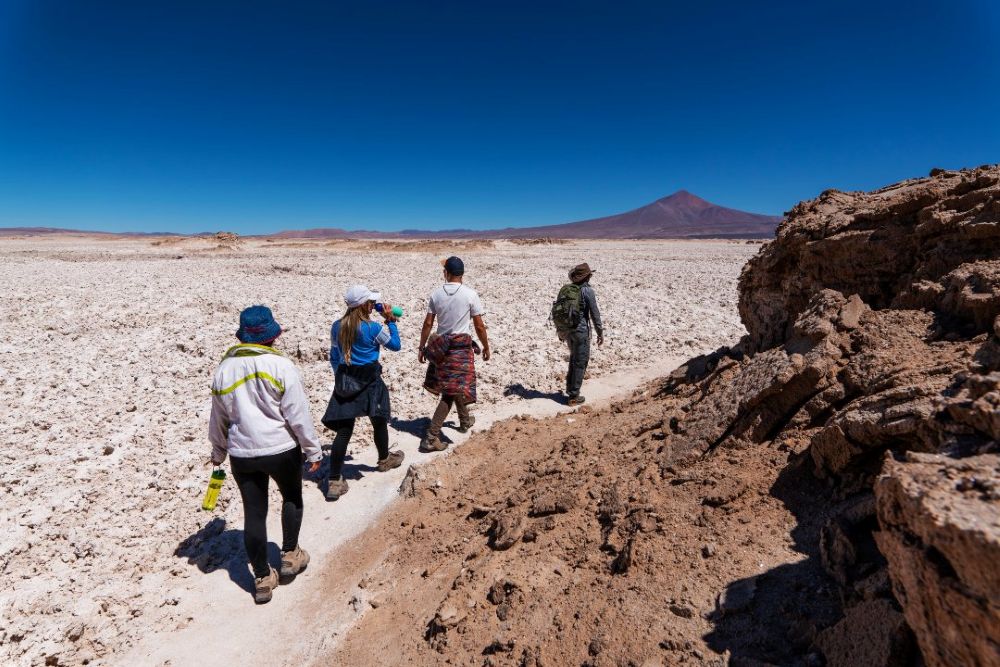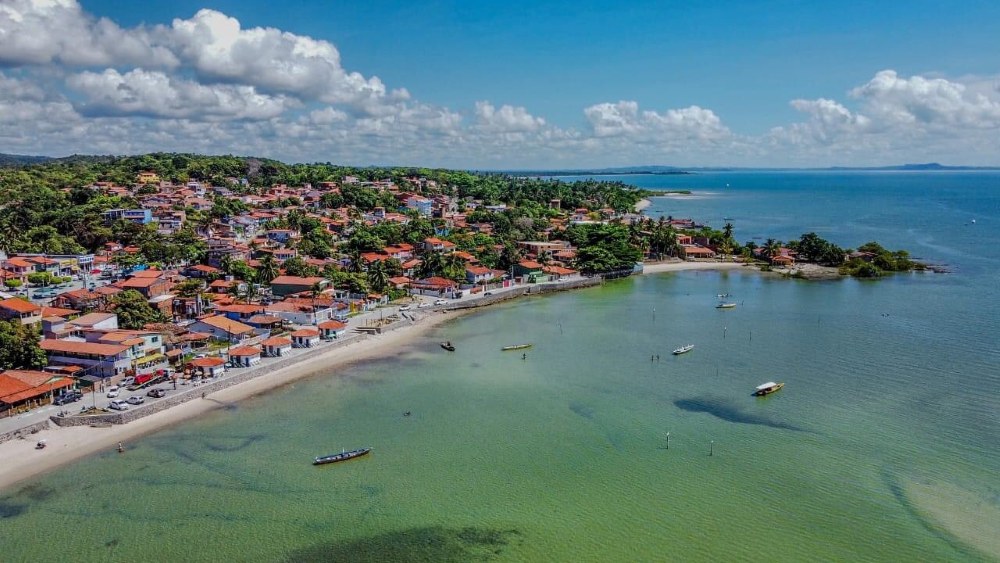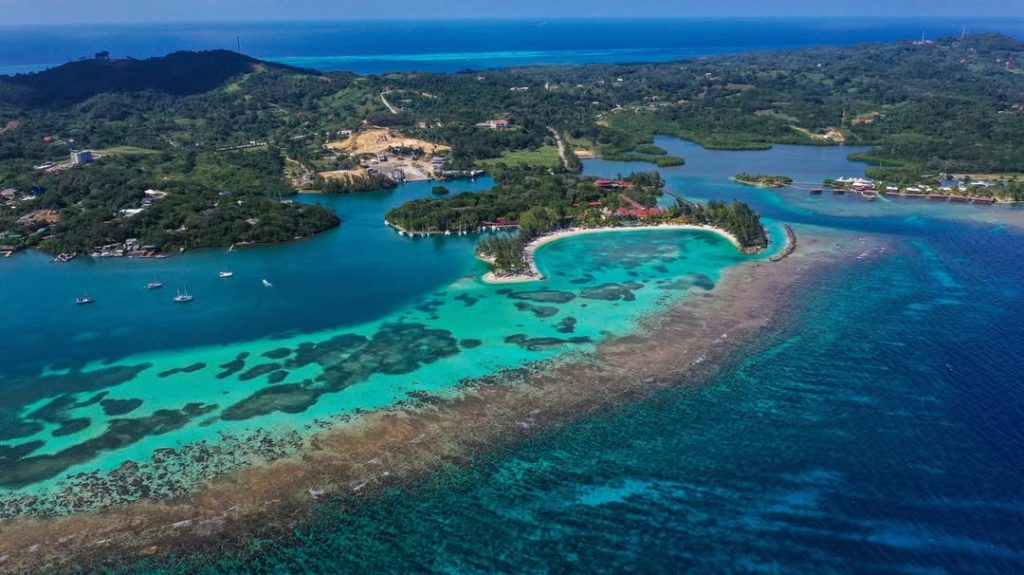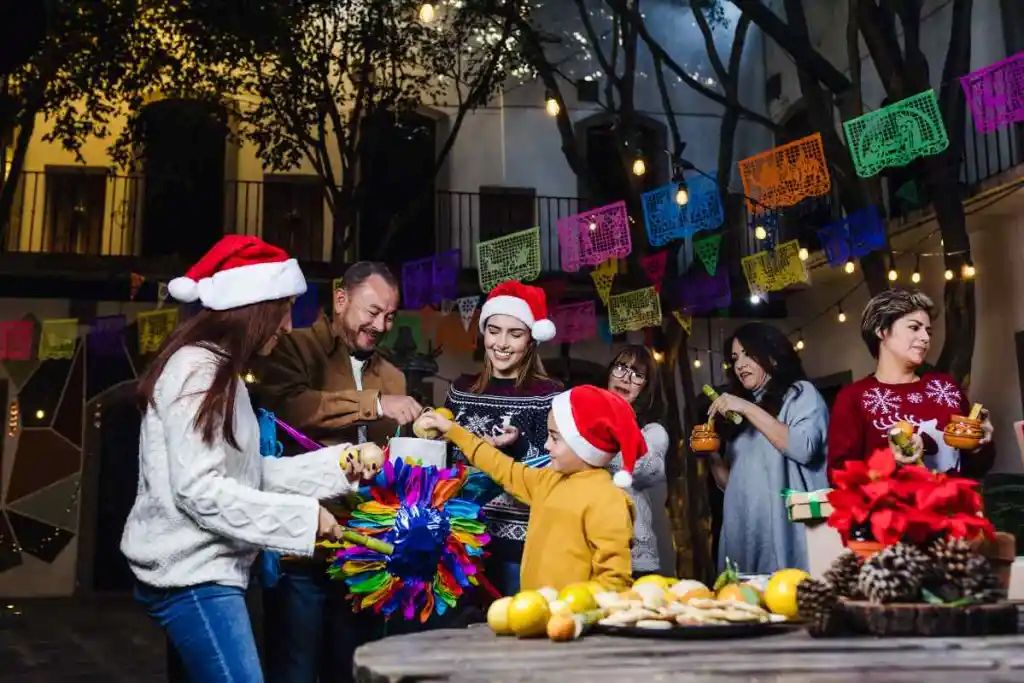[et_pb_section bb_built=”1″ fullwidth=”off” specialty=”off” _builder_version=”3.9″][et_pb_row _builder_version=”3.9″ padding_right_1=”30px” padding_left_1=”30px” padding_right_2=”30px” padding_left_2=”30px” background_color_2=”#f4f4f4″ padding_top_1=”30px” padding_bottom_1=”30px” padding_top_2=”30px” padding_bottom_2=”30px”][et_pb_column type=”2_3″][et_pb_text admin_label=”Category title – Manual” _builder_version=”3.9″ text_font=”|700|||||||” text_font_size=”12px” text_letter_spacing=”2px” border_style_all=”none” text_text_color=”#848484″]
ENTRETIENS
[/et_pb_text][et_pb_divider _builder_version=”3.9″ color=”#ffffff” height=”15px” /][et_pb_text admin_label=”blog title” _builder_version=”3.9″]
Juan Rodriguez Medina, Directeur Opérationnel des Ventes et Marketing du Groupe GHL Hotels présent dans 10 pays d’Amérique Latine
[/et_pb_text][et_pb_divider _builder_version=”3.9″ color=”#ffffff” height=”15px” /][et_pb_text _builder_version=”3.9″ text_orientation=”justified”]
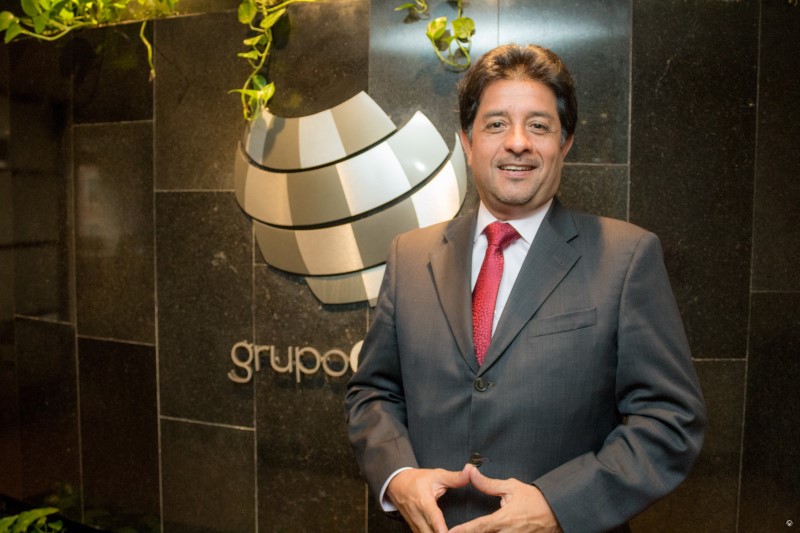
VISIT LATIN AMERICA : Comment vous êtes-vous organisés pendant la crise et comment vous préparez-vous à la reprise?
Nous avons suivi avec attention les lignes directrices de l’Organisation mondiale du tourisme du 3 avril.
Ces mesures peuvent être résumées comme suit :
- Gestion et atténuation de la crise,
- Mise en œuvre des mesures de stimulation
- Accélération de la reprise,
- Préparation de l’avenir.
Chronologiquement, depuis mars 2020, GHL HOTELS est intervenu dans les deux premières étapes, en agissant comme leader d’opinion dans les médias, en publiant des articles liés à l’activité touristique et à la gestion de la pandémie, en se joignant aux directeurs d’autres chaînes hôtelières pour sensibiliser les gouvernements aux effets sur l’emploi et les flux de trésorerie, sujet capital dans le secteur, suite à la quarantaine décrétée dans les 10 pays où nous sommes présents.
Dès la fin mai et le début juin, nous nous sommes préparés à la réouverture du tourisme, en mettant en œuvre des mesures de sécurité, de santé et de protection des employés, des clients, des fournisseurs et des visiteurs, afin de répondre de manière responsable aux besoins de la communauté dans le cadre de cette nouvelle réalité.
Comme c’est une tradition depuis plus de 50 ans, l’équipe de GHL HOTELS, qui compte aujourd’hui plus de 5 000 employés, est prête à continuer à travailler avec enthousiasme et engagement pour garantir une expérience mémorable.
Nous avons repensé les processus, conformément aux nouveaux protocoles de biosécurité établis par l’OMS et aux directives des marques d’hôtels sous lesquelles nous opérons.
Selon les mesures exigées par les différents gouvernements, du Guatemala à l’Argentine, en ce qui concerne les restrictions de voyage, une ouverture échelonnée est prévue pour le second semestre, locale et interdépartementale dans un premier temps, nationale dans une seconde phase, suivie de la mobilité entre les pays frontaliers et enfin, de la normalisation internationale, une ouverture qui sera alignée sur nos stratégies de marché.
VLA : Vos activités hôtelières sont réparties sur dix pays, quelles mesures sanitaires allez-vous mettre en œuvre et comment allez-vous les harmoniser dans tous vos établissements ?
La situation actuelle a conduit les hôtels à mettre en place des mesures plus strictes pour assurer la sécurité de leur personnel et de leurs clients. Ainsi, GHL HOTELS est devenue la première chaîne hôtelière latino-américaine à signer un accord avec Bureau Veritas pour obtenir le label Safe Guard, qui reconnaît le respect des bonnes pratiques et des normes de biosécurité, pour la prévention du Covid-19. Cela s’applique aux hôtels que nous gérons sous des marques telles que Hyatt Centric, Sheraton, Radisson, Sonesta entre autres et aux hôtels sous nos propres marques : GHL Style, Relax et Collection.
Nous disposons d’un système de gestion de la sécurité, de la santé au travail et de la protection de l’environnement (SISSTA), composé de différents programmes et activités de formation, de promotion et de prévention pour assurer la mise en œuvre des protocoles de biosécurité.
Parmi les mesures mises en œuvre, nous avons des processus qui vont de la préparation de nos employés à leur travail pendant le séjour des passagers.
VLA : L’accueil d’événements est également l’un des points forts du groupe GHL. Avez-vous des demandes pour la fin de cette année et la prochaine ?
Les restrictions et l’interdiction d’événements dépassant 50 personnes, afin d’éviter la propagation de la Covid-19, ont grandement impacté le segment MICE dans tous les pays depuis mars-avril 2020.
Les entreprises ont donc pris la décision d’annuler ou de reporter les événements qu’elles avaient programmés pour le reste de cette année.
Comme alternative à cette nouvelle réalité, la technologie devient une ressource indispensable pour créer des “événements hybrides”, qui, grâce à une plateforme fiable, permettront de combiner, selon les besoins de nos clients, des activités virtuelles et des activités en face à face, simultanément.
La technologie facilitera l’interaction d’un hôte ou d’un orateur, dans différentes villes d’un pays ou d’une région où nous avons des hôtels et où il y a d’autres assistants locaux, en garantissant ainsi une couverture complète du public cible de l’événement et en respectant en même temps les règles de distance et de protection de la santé.
GHL HOTELS a développé une alliance stratégique avec des entreprises spécialisées dans la haute technologie et des organisateurs d’événements professionnels, afin de présenter aux différents secteurs d’activité une nouvelle proposition d'”événements hybrides”, pour ceux qui ont besoin de lancer un produit, d’organiser un congrès, des formations ou des conférences d’affaires. Il s’agit d’un nouveau produit qui s’adapte au changement et permet à chaque secteur de l’économie de devenir plus dynamique, compte tenu des interdictions de réunir plus de 50 participants et des limites de la connectivité des aéroports de toute la région.
Nous avons déjà réalisé deux “événements hybrides”, sous forme de tests pilotes qui nous ont permis de maintenir l’esprit d’hospitalité de GHL, en offrant aux organisateurs et aux participants une combinaison d’expériences virtuelles et gastronomiques de différents hôtels, en respectant les exigences techniques, les protocoles de biosécurité et la garantie de service.
VLA : Quel impact pensez-vous que cette crise aura sur le tourisme en Amérique latine à moyen terme ?
Le premier impact sera causé par les effets sur la région de l’entrée dans le “chapitre 11” de la loi sur la faillite des deux principales compagnies aériennes : Latam et Avianca. Il ne fait aucun doute que la connectivité sera grandement affectée tant par le volume de l’offre (nombre de sièges disponibles par ligne) que par les prix, qui sont inconnus. Cela veut dire que tous les types de passagers souffriront transversalement de cette crise du secteur aérien. Du routard au personnel des entreprises, celui qui achète un forfait touristique ou qui participe à un événement, va devoir adapter tout son cycle de voyage aux effets engendrés. Tant dans la planification que dans la réservation, pendant le voyage et au retour au lieu d’origine, l’expérience sera nécessairement différente.
La crise doit être mesurée à moyen terme en fonction de la composition des marchés émetteurs et de l’état de réactivation dans lequel se trouvent chaque pays. Nous comprenons que la dynamisation du tourisme se fera en 4 phases dans lesquelles les premiers marchés dynamiques seront les marchés urbains pour aboutir à des marchés de voyages transatlantiques incluant les États-Unis et ce, en raison des restrictions de voyage émises par les gouvernements à leurs ressortissants.
Par conséquent, nous planifions la gestion de la crise par phases, des phases qui comprennent 4 actions fondamentales : l’analyse des marchés émetteurs, l’identification d’une nouvelle programmation des fréquences et des routes terrestres et aériennes, les stratégies de marketing et enfin, le développement d’actions pour les intégrer dans un nouveau plan pour le second semestre 2020.
Au milieu de tant d’incertitudes, c’est un art que de chercher le mélange de chaque composante au bon moment, mais nous cherchons à faire en sorte que la réactivation du tourisme aille de pair avec les politiques gouvernementales de chaque pays, en considérant qu’il y aura des différences asymétriques entre le comportement de la demande et les administrations locales des destinations.
VLA : Quel message souhaitez-vous envoyer à vos clients ?
Une partie de la vision de la société GHL est d’être durable sur le plan environnemental et de participer aux grands défis auxquels sont confrontées nos communautés. En ce moment, nous passons par toutes les phases du défi que représente la COVID-19, car non seulement il menace notre santé physique, mais il est également, une menace potentielle pour l’économie et l’ordre social du secteur dans le monde entier.
Notre message à tous les lecteurs de Visit Latin America, est que la priorité numéro 1 au cours des trois derniers mois, a été d’analyser rapidement la situation des acteurs de la chaîne de valeur dans le tourisme et de réinventer une nouvelle façon de faire des hôtels. Cela signifie qu’il faut modifier de nombreux processus que nous menions différemment depuis des années. C’est pourquoi il s’agit d’une “réinvention”.
Nous n’épargnerons aucun effort technologique, humain ou financier pour obtenir dans nos hôtels le label international Safe Guard du Bureau Veritas qui reconnaît la conformité des bonnes pratiques, des normes et la mise en œuvre de protocoles de prévention.
Enfin, aux voyagistes, aux agences de voyages associées et aux canaux de distribution en général, je voudrais dire que notre nouveau défi sera d’étudier et de comprendre les nouveaux modes de consommation des voyageurs, afin de nous adapter rapidement à leurs attentes et aux demandes engendrées par cette crise.
[/et_pb_text][et_pb_divider _builder_version=”3.9″ color=”#ffffff” height=”48px” /][et_pb_gallery admin_label=”Gallery ” _builder_version=”3.9″ gallery_ids=”211475,211477,211476,211478,211481,211480,211483,211482″ posts_number=”8″ show_title_and_caption=”off” show_pagination=”off” zoom_icon_color=”#1b80ba” hover_overlay_color=”rgba(255,255,255,0.9)” custom_margin=”10px|10px|10px|10px” custom_padding=”10px|10px|10px|10px” border_width_all=”11px” border_color_all=”#ffffff” disabled=”off” disabled_on=”off|off|off” /][et_pb_cta admin_label=”visit members page” _builder_version=”3.9″ button_text=”www.ghlhoteles.com” button_url=”https://fr.ghlhoteles.com/?_ga=2.26806141.1965179633.1598374025-181164770.1598374025″ use_background_color=”off” custom_button=”on” button_bg_color=”#0c71c3″ button_border_radius=”100″ url_new_window=”on” /][et_pb_cta admin_label=”visit members page” _builder_version=”3.9″ button_text=”Visiter l’Amérique Latine” button_url=”https://www.quimbaya-tours.com/fr/nos-destinations/” use_background_color=”off” custom_button=”on” button_bg_color=”#0c71c3″ button_border_radius=”100″ url_new_window=”on” /][/et_pb_column][et_pb_column type=”1_3″][et_pb_divider _builder_version=”3.9″ color=”rgba(255,255,255,0)” height=”15px” /][et_pb_text admin_label=”side title” _builder_version=”3.9″]
ARTICLES RÉCENTS
[/et_pb_text][et_pb_divider _builder_version=”3.9″ color=”rgba(255,255,255,0)” height=”15px” /][et_pb_blog _builder_version=”3.9″ include_categories=”228,218,10″ posts_number=”3″ show_more=”on” show_author=”off” show_categories=”off” show_pagination=”off” header_level=”h5″ header_text_color=”#0c71c3″ header_font=”|600|||||||” custom_css_content=”display: none;” /][/et_pb_column][/et_pb_row][et_pb_row][et_pb_column type=”4_4″][et_pb_text admin_label=”You may also like:” _builder_version=”3.9″]
Tu pourrais aussi aimer :
[/et_pb_text][et_pb_post_nav _builder_version=”3.9″ prev_text=”%title” next_text=”%title” in_same_term=”off” title_font_size=”18px” /][/et_pb_column][/et_pb_row][et_pb_row][et_pb_column type=”4_4″][et_pb_text admin_label=”SHARE THIS ARTICLE:” _builder_version=”3.9″]
Partagez cet article :
[/et_pb_text][et_pb_social_media_follow _builder_version=”3.9″ text_orientation=”left” border_radii=”on|50px|50px|50px|50px”][et_pb_social_media_follow_network _builder_version=”3.9″ social_network=”facebook” skype_action=”call” url=”https://www.facebook.com/sharer/sharer.php?u=https://test.visit-latin-america.com/site/interview-carlos-diago-directeur-general-hotel-decameron-panama-2/” background_color=”#3b5998″ use_background_color_gradient=”off” background_color_gradient_start=”#2b87da” background_color_gradient_end=”#29c4a9″ background_color_gradient_type=”linear” background_color_gradient_direction=”180deg” background_color_gradient_direction_radial=”center” background_color_gradient_start_position=”0%” background_color_gradient_end_position=”100%” background_color_gradient_overlays_image=”off” parallax=”off” parallax_method=”on” background_size=”cover” background_position=”center” background_repeat=”no-repeat” background_blend=”normal” allow_player_pause=”off” background_video_pause_outside_viewport=”on” box_shadow_style=”none” border_radii=”on|3px|3px|3px|3px”] Facebook [/et_pb_social_media_follow_network][et_pb_social_media_follow_network _builder_version=”3.9″ social_network=”linkedin” skype_action=”call” url=”https://www.linkedin.com/shareArticle?mini=true&url=https://test.visit-latin-america.com/site/interview-carlos-diago-directeur-general-hotel-decameron-panama-2/” background_color=”#007bb6″ use_background_color_gradient=”off” background_color_gradient_start=”#2b87da” background_color_gradient_end=”#29c4a9″ background_color_gradient_type=”linear” background_color_gradient_direction=”180deg” background_color_gradient_direction_radial=”center” background_color_gradient_start_position=”0%” background_color_gradient_end_position=”100%” background_color_gradient_overlays_image=”off” parallax=”off” parallax_method=”on” background_size=”cover” background_position=”center” background_repeat=”no-repeat” background_blend=”normal” allow_player_pause=”off” background_video_pause_outside_viewport=”on” box_shadow_style=”none” border_radii=”on|3px|3px|3px|3px”] LinkedIn [/et_pb_social_media_follow_network][/et_pb_social_media_follow][/et_pb_column][/et_pb_row][/et_pb_section]

